Rocannon’s World by Ursula K. Le Guin
Rocannon’s World, published in 1966, is Ursula Le Guin’s debut novel and the first in her HAINISH CYCLE. The story describes how Rocannon, an ethnographer, became stranded on the planet he was charting when a spaceship from Faraday, a rogue planet that is an enemy to the League of All Worlds, blew up his spaceship and the rest of his crew. Rocannon thinks he’s trapped forever until he sees a helicopter and realizes that Faraday must have a secret base on the planet.
Read More

 (1929-2018)
(1929-2018)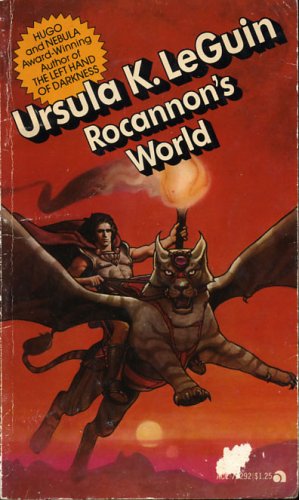




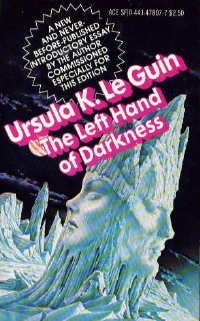





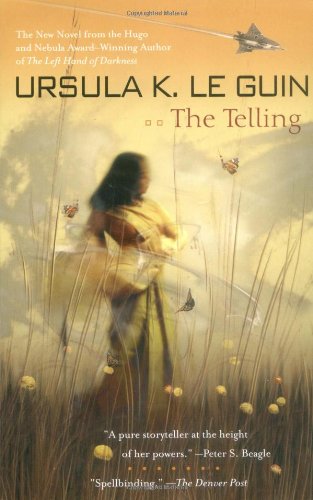
















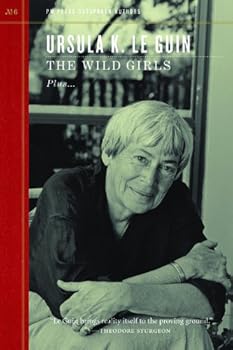







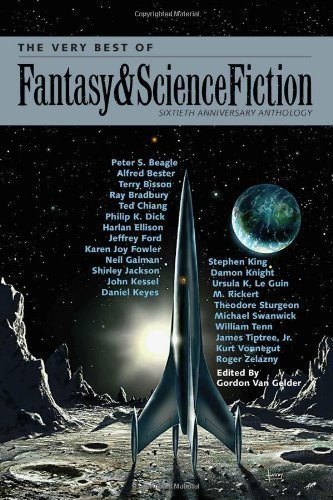






Gentlemen, I concur! (Forgive me for jumping into your convo)
The cover is amazing. I love how the graphic novel (and the review!) hewed close to the theme of "good…
I've thought about picking that one up. The artwork looks perfect.
I like the way you think, Bill. I found the second one particularly objectionable; the one with Khan. It was…
I find if I take every Trek reference out of them (the title, the character names, the ship names, etc.),…